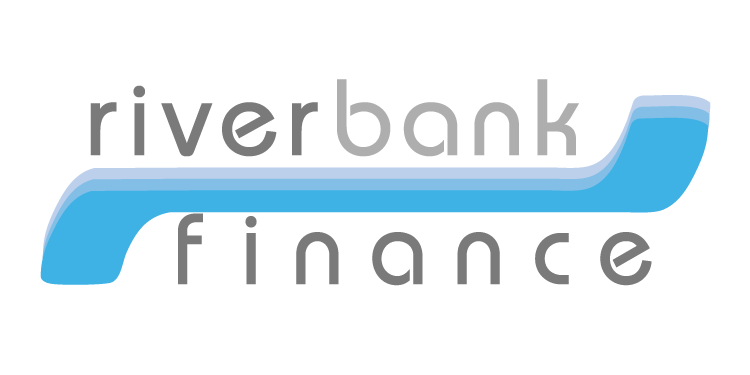 In terms of the mortgage industry, things are starting to finally look up a bit, unless you are referring to the loans backed by the Federal Housing Administration (FHA loans). Delinquencies are up nearly 27% on FHA loans while conventional mortgages delinquencies have been steadily dropping.
In terms of the mortgage industry, things are starting to finally look up a bit, unless you are referring to the loans backed by the Federal Housing Administration (FHA loans). Delinquencies are up nearly 27% on FHA loans while conventional mortgages delinquencies have been steadily dropping.
More and more of loans insured by FHA are heading into foreclosure or are becoming seriously delinquent. However, loans that are held by Fannie Mae and Freddie Mac have been showing signs of improvement.
Unfortunately, taxpayers are the ones inevitably on the hook for FHA’s increasing number of delinquent mortgages. Experts believe a federal bailout could be the next step to getting the agency’s finances back on track. This would come at the expense of tax payers much like other bailouts we have seen in the past few years.
While FHA loans have seen nearly a 27% increase in delinquencies of 90 days or more and nearly 17% increase in foreclosures, bank owned loans (portfolio loans) have seen a dramatic improvement of 39% for delinquencies and 10% in foreclosures. Fannie Mae and Freddie Mac’s loans have also improved with nearly 15% improvement for delinquencies and 6% in foreclosures. This shows that if banks are willing to loan the money and keep the mortgages they give, then the borrowers payment performance is much higher.
The option to help struggling homeowners by payment arrangements and modifications has also proven hopeless. FHA loans have a more difficult time modifying loans successfully. Even after being modified, these mortgages have re-defaulted within 12 months after being modified by more than 48% compared to the overall modified loans, which is around 36% that have re-defaulted.
Despite the agency making every effort possible to improve the quality of the loans it insures, the amount of delinquencies has continued to jump. Over the past several years, the FHA’s emergency reserve funds, which are held to cover any losses on the mortgages it insures, have plummeted due to the amount of defaults. In fiscal 2009, the reserve fund dropped to 0.53% of FHA’s insurance guarantees in fiscal 2009, well below the 2% ratio mandated by Congress. By late last year, it had fallen to 0.24%. For new borrowers this mean increases in FHA’s mortgage insurance to help offset losses.
Despite the emergency fund’s diminishing reserves, FHA insists that its efforts are working. The quality of loans they have insured since 2009 is much higher and are believed to eventually lower the delinquency levels. Many of the current loans defaulting are loans originated years ago which guidelines and underwriting quality controls were much more relaxed.
FHA mortgage questions
Complete the form below to get additional information on FHA loans in Michigan.

 800-555-2098
800-555-2098

